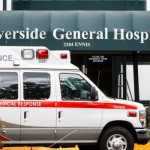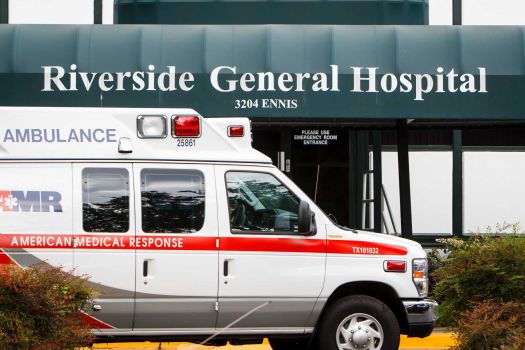TEXAS
The former assistant administrator of Riverside General Hospital was sentenced Friday to 40 years in prison for his role in a $116 million Medicare fraud scheme.
The scheme paid kickbacks to patient recruiters and personal care home owners in exchange for directing residents to Riverside’s mental health clinics , according to officials.
So far, 10 people have plead guilty or been convicted for their roles in the scheme.
Mohammad Khan, 65, of Houston, the assistant administrator who oversaw many of the hospitalization programs at Riverside General Hospital, plead guilty in February 2012 to conspiracy to commit health care fraud, conspiracy to pay and receive kickbacks and paying illegal kickbacks, officials stated.
U.S. District Court Judge Sim Lake also ordered to pay restitution in the amount of $31.3 million.

Others involved in the fraudulent scheme already have pleaded guilty and are awaiting sentencing, according to officials:
- Earnest Gibson III, the former president of Riverside
- Gibson’s son, Earnest Gibson IV, who operated a Riverside PHP
- Regina Askew, a patient file auditor and group home operator
- Robert Crane, a patient recruiter, were all convicted after jury trial in November 2014 and await sentencing.
William Bullock, an operator of a Riverside satellite location, as well as Leslie Clark, Robert Ferguson, Waddie McDuffie and Sharonda Holmes, who were involved in paying or receiving kickbacks, also have pleaded guilty to their roles in the scheme.
Riverside General Hospital, a historic institution crippled recently by scandal and mismanagement, surrendered its substance abuse treatment license last year as part of a bid to stay in business in a severely reduced capacity, according to a story in the Houston Chronicle newspaper.
The hospital stopped drug abuse and psychiatric treatment and would provide only detoxification services, officials said.
The state’s top health official traveled to Houston last year to tour the organization’s three campuses for a first-hand look at problems from fire alarms and air conditioning to patient records and food-preparation conditions, according to the Houston Chronicle.


